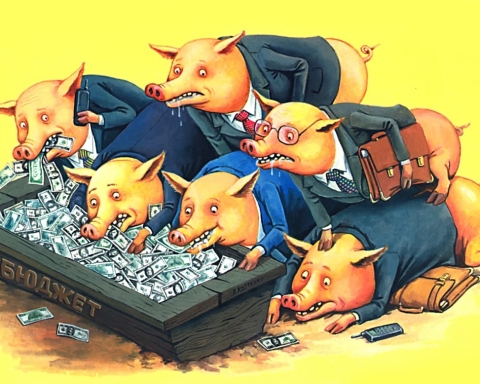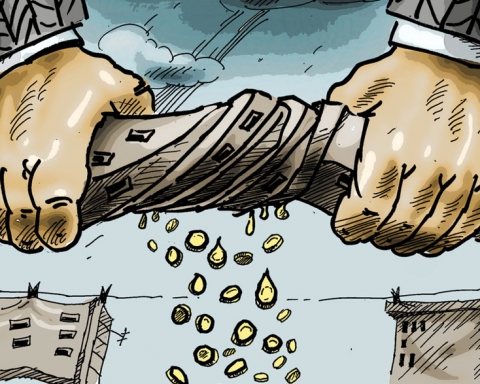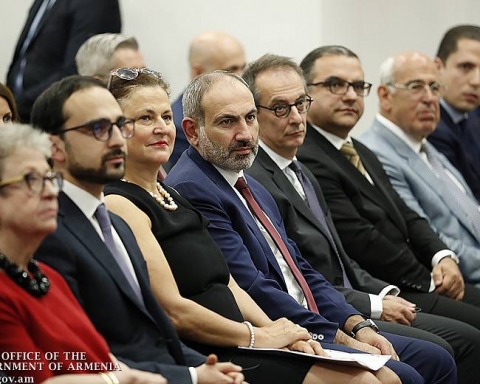The Chronicle of Everyday Corruption
Another 100% subsidiary of the ANIF fund, was created to invest in the capital of various enterprises. An interesting name considering that investments are not anti-crisis at all. According to the government’s decision, the government allocates money (up to 50 billion drams), and the fund invests.
In three years of operation, this fund has invested in only six projects, totaling $6-7 million. Mushroom cultivation, berries, transportation, tourism, and restaurant. That’s all. Not much.
The fund, as a non–public one, does not have a license and reporting – a loophole in the law allows it. Strangely, the fund that manages taxpayers’ money does not report to them.
There is no reporting, and the fund itself is closed from all outside issues. A vivid evidence of non-transparency is the case when the fund sold the shares in the company two years after the investment. The foundation invested $0.5 million in the Yeremyan Group agricultural enterprise in 2021 and received a 49% stake in the company. In 2023, the Group bought back this 49%. The young director of the foundation said in one eye that yes, they sold it, but for how much – they won’t say, it’s a commercial secret. There you go. You take our money and invest it on doubtful terms in the companies that are not clearly chosen. And when you sell a share, we can’t find out if there was a profit and how much.
Everything is non-transparent. What was the investment project itself, why this particular industry, what are the investment conditions, whether the fund has the right to veto decisions, whether the fund participates in the management or not, what are the principles of share repurchase when it can happen, and on what terms?
The foundation does not provide answers to all these questions. The foundation probably helps friendly businesses with money. Why take out a loan from a bank at high interest rates if you can borrow from the fund without obligations? While the fund is non-transparent and unaccountable, this version is quite likely.
Some investment conditions were established in 2020 by the Government decree, in particular, the maximum amount of investment is $1 million, but the business itself must invest the same amount and take out the same amount as a bank loan. But then these conditions were quietly removed from the decree later. What for?
All this does not prevent employees from receiving salaries in the spirit of the ANIF and ARFI foundations. The annual payroll of 8 employees is more than 100 million drams.
As a result, another non-transparent fund manages our money, but completely non-transparent and unaccountable. And everything points to blatant inefficiency at best and corruption risks at worst.
According to rough estimates, the damage caused to the state and the taxpayers by the ANIF parent fund and its two subsidiaries, ARFI and “E+S” during three years, can be estimated at more than AMD 12 billion. And this is all taxpayers’ money. In other cases, a thousand times less damage could result in imprisonment for 5-10 years.
However, these fifty people continue to receive their salaries and, at best, do nothing. Indeed, one might think that it is better when the ARFI fund spends 200 million for payroll and does nothing at all, than ANIF, which spends 1.5 billion a year on office maintenance and loses 4-5 billion drams of budget money on one investment.
“Entrepreneur+State” is the third of the suspicious funds.
The Investigative Committee and the prosecutor’s office are silent, but we are about to continue.
—-
Levon Khalatyan






